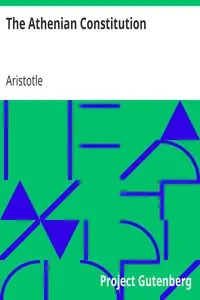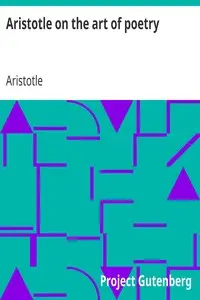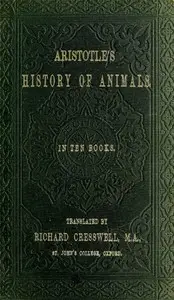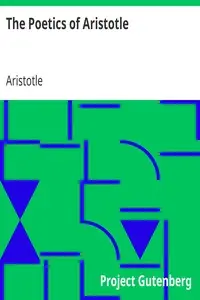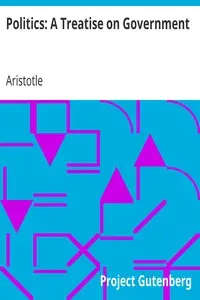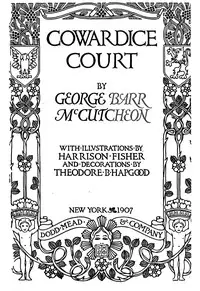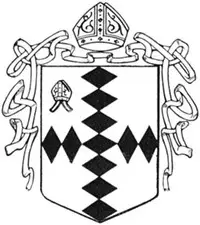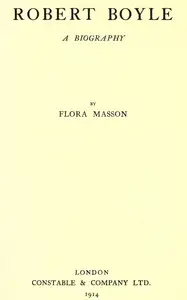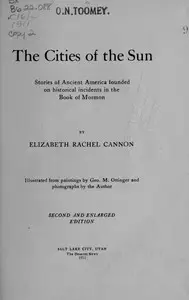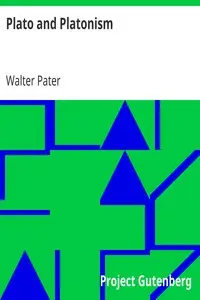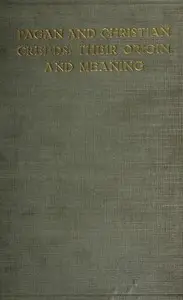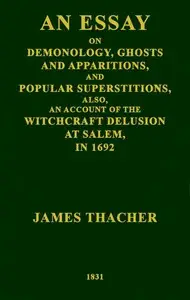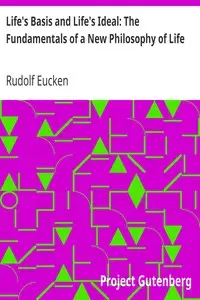"The Categories" by Aristotle is a philosophical text written in the ancient period, specifically in the 4th century BC. This work serves as an essential foundation in the study of logic and metaphysics, where Aristotle explores the nature of being and the classifications of various entities and their properties. The book categorizes concepts into ten distinct types—substance, quantity, quality, relation, place, time, position, state, action, and affection—providing a comprehensive framework for understanding how we categorize and define the world around us. In "The Categories," Aristotle delves into the intricacies of language and its relationship to reality by exploring the foundational categories that help us understand different aspects of existence. He distinguishes between various forms of terms and predicates, discussing how some can be applied universally while others are specific to individuals. Through a meticulous examination of language, substance, and quality, the work underscores the importance of definitions and the role they play in philosophical inquiry. Aristotle also addresses the nature of opposites and their relationships, elaborating on the distinctions between things that exist in relation to one another and the different forms qualities can take, thereby laying groundwork for later philosophical thought on classification and categorization in various fields. (This is an automatically generated summary.)
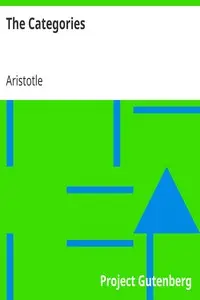
The Categories
By Aristotle
"The Categories" by Aristotle is a philosophical text written in the ancient period, specifically in the 4th century BC. This work serves as an essent...
Genres
Released
2000-11-01
Formats
mobi (images)
epub3 (images)
epub
epub (images)
mobi
Free Download
Overview
About the Author
Aristotle was an Ancient Greek philosopher and polymath. His writings cover a broad range of subjects spanning the natural sciences, philosophy, linguistics, economics, politics, psychology, and the arts. As the founder of the Peripatetic school of philosophy in the Lyceum in Athens, he began the wider Aristotelian tradition that followed, which set the groundwork for the development of modern science.
Total Reviews
10.0k
Total reviews from Goodreads may change

